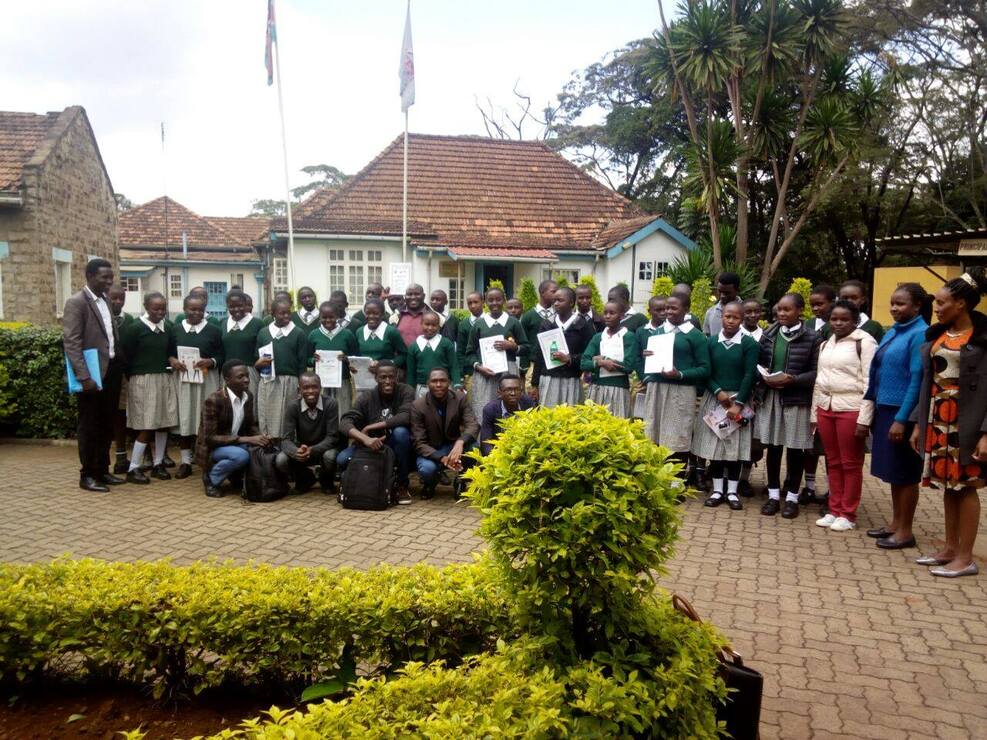
Empowerment of People with Disabilities (PWDs) Program
The Empowerment of People with Disabilities Program addresses the systemic exclusion and marginalization of PWDs in Kenya. People with disabilities (PWDs) in Kenya face significant challenges across multiple dimensions: they make up approximately 2–16% of the population, official estimates place them at around 2.2% (918,000 people), while other studies suggest up to 15% (~8.6 million) (kenya.unfpa.org). Of these, mobility disabilities are most common (42%), followed by visual (36%), cognitive (23%), hearing (16%), self-care (15%), and communication difficulties (12%) (kenya.unfpa.org). Most PWDs live in rural areas and struggle with poverty: unemployment rates exceed 70–80%, compared to much lower rates among non-disabled Kenyans (en.wikipedia.org). Educational access is also severely limited; literacy among PWDs is lower, and few schools have adequate resources or trained teachers, especially for specialized needs like sign language (csr-world.org). Only about 5% of PWDs have health insurance; around 40% encounter physical barriers in accessing care, and up to 25% face discrimination from providers (the-star.co.ke). Accessibility issues permeate transport and public buildings, forcing innovative but expensive solutions like Nairobi’s Ace Mobility service (apnews.com). Despite supportive legal frameworks, enforcement remains weak, with only 4% of public institutions meeting the mandatory 5% PWD employment quota (ncpwd.go.ke).
Many PWDs face barriers in accessing education, employment, healthcare, and public infrastructure. For example, in Makueni, disability prevalence is around 3.8%, yet less than 30% of PWDs have access to formal education or vocational training. In Turkana, cultural stigma and limited-service delivery have left most PWDs dependent and isolated. Urban areas like Nairobi and Kisumu often lack inclusive infrastructure like ramps, elevators, or sign-language interpreters in public offices.
This program will create inclusive learning and training opportunities for PWDs by partnering with special schools, local artisans, and community-based organizations. NeGI will offer scholarships, assistive devices (wheelchairs, hearing aids, etc.), and tailored vocational training based on local market needs. Through advocacy forums and legal awareness, PWDs will also be equipped to fight for their rights and participate in governance. Community sensitization campaigns will help eliminate stigma and promote inclusion. Ultimately, the program will enable PWDs to become self-reliant, economically empowered, and socially integrated, while promoting disability-inclusive development practices in Kenya and beyond.

